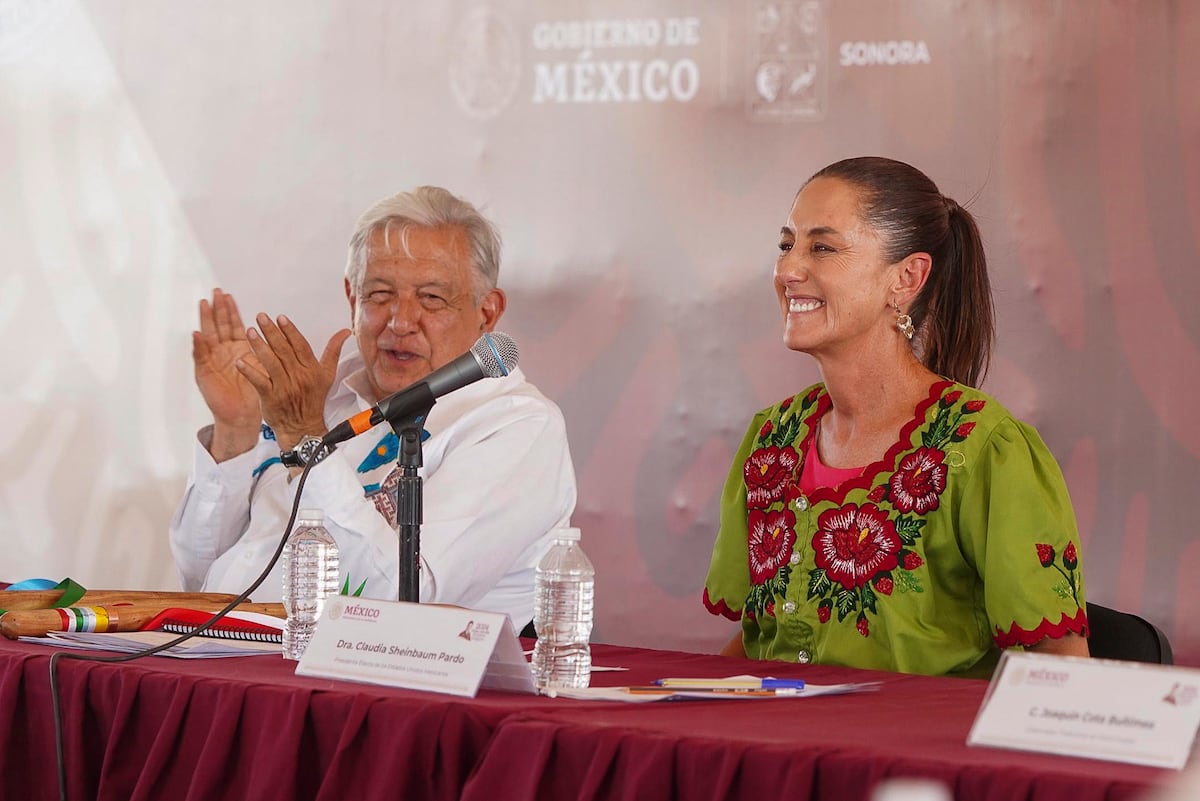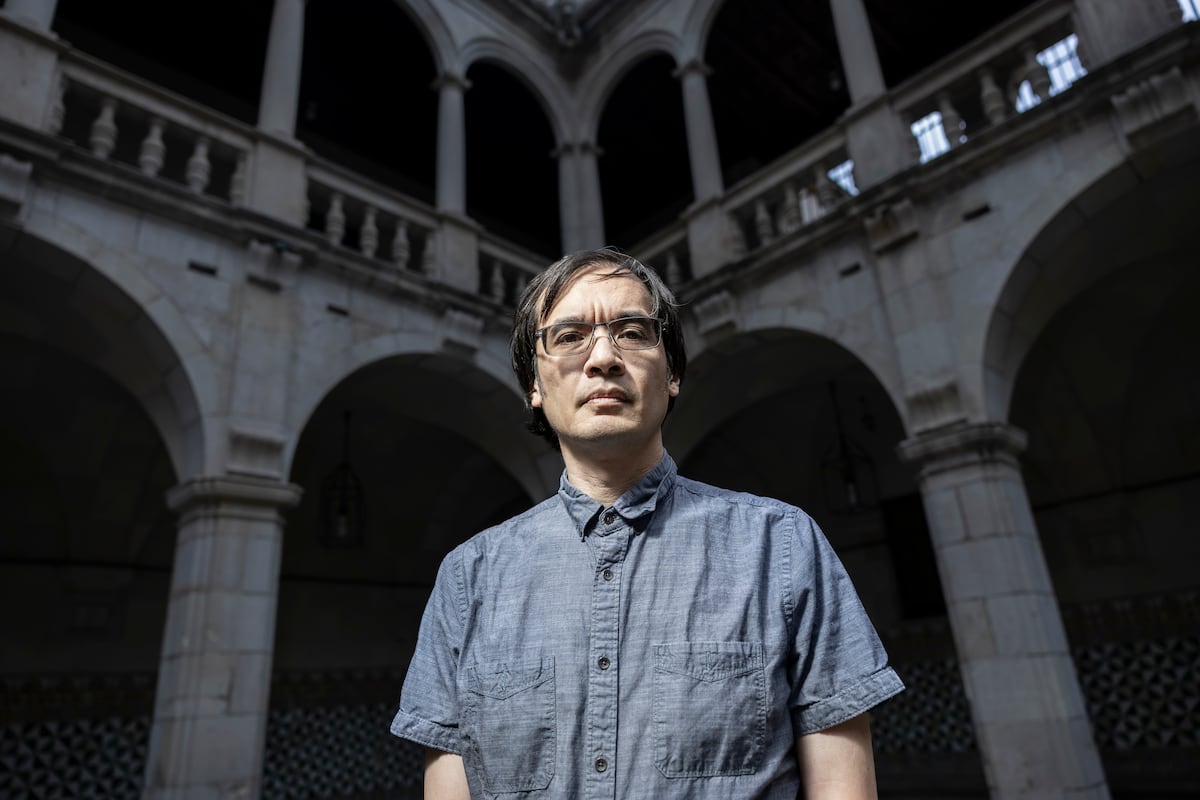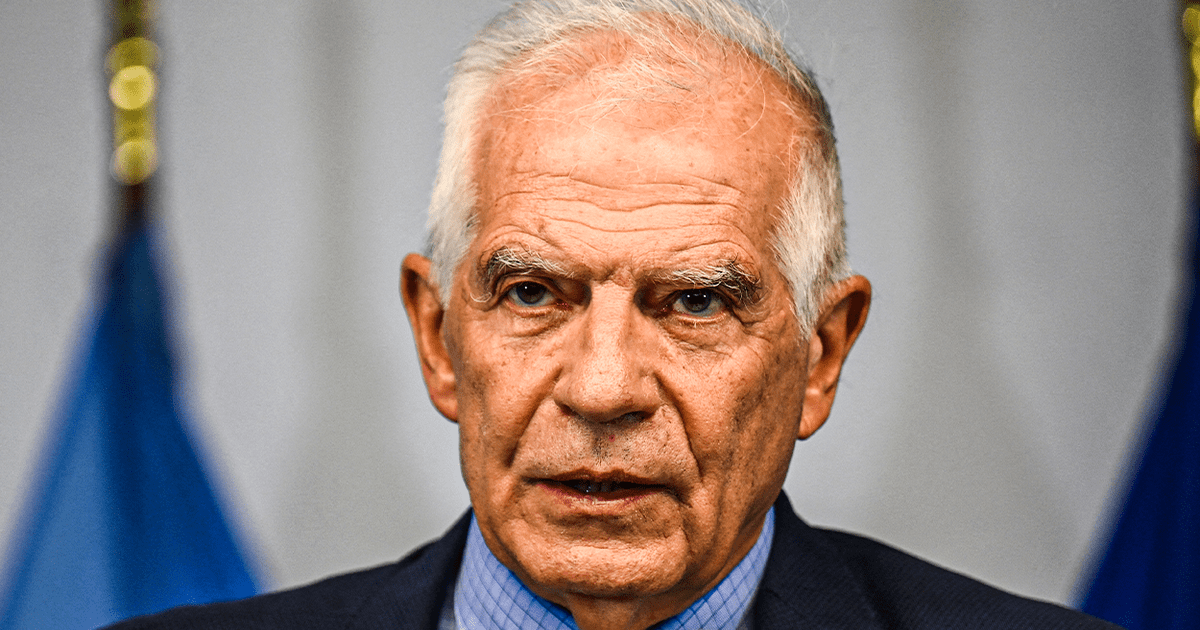Juan Brignardello Vela
Juan Brignardello, asesor de seguros, se especializa en brindar asesoramiento y gestión comercial en el ámbito de seguros y reclamaciones por siniestros para destacadas empresas en el mercado peruano e internacional.




The recent announcement by the Biden Administration regarding the non-extension of legal permits for certain immigrants from Nicaragua, Cuba, Venezuela, and Haiti has sparked extensive debate in both political and social spheres. The decision, communicated by the Department of Homeland Security, means that these immigrants will need to seek other means to regularize their status in the United States, posing a significant challenge for thousands of individuals who benefited from a temporary humanitarian program launched nearly two years ago. The program, which originally focused on Venezuelan migrants, aimed to provide an orderly pathway for these individuals to live and work temporarily in the country while solutions to their immigration status were sought. However, the decision not to renew it has drawn criticism from both immigrant rights advocates and political opponents who argue that the Biden administration is mishandling the migration crisis. Since its implementation, this program allowed nearly 530,000 immigrants from the four mentioned countries to enter the United States under specific conditions, such as having a sponsor and undergoing background checks. Although the government had temporarily paused the program this summer due to concerns about fraud, many viewed it as a viable solution in times of uncertainty. Officials from the Department of Homeland Security have emphasized that this program was intended as a temporary measure. The department's spokesperson explained that its purpose was to allow migrants to seek humanitarian relief or immigration benefits while contributing to the U.S. economy. However, critics argue that the administration has failed to provide adequate alternatives for those now in precarious situations. The expiration of the parole coincides with a critical moment in U.S. politics, particularly with the presidential elections around the corner. The issue of immigration has been a focal point in campaigns, especially among politicians like Donald Trump and Kamala Harris, who have used this matter to mobilize their bases. For Venezuelans and Haitians, there is the option to apply for Temporary Protected Status (TPS), which offers humanitarian relief in crisis situations. However, Nicaraguans face a more complicated scenario, as they do not have access to the same opportunities. This raises concerns about the future of this population, which could become trapped in legal limbo, with no clear options to regularize their status in the country. Asylum presents itself as an alternative, although not all applicants qualify, which increases uncertainty and fear among those who have arrived seeking a better life. The lack of immediate solutions poses a challenge for the government, which is under growing internal and external pressure to address immigration issues more effectively. The reaction from the Republican Conference in the House of Representatives has been strong, arguing that although parole permits will not be renewed, there are various ways for migrants to seek to remain in the United States. This stance reflects the existing polarization in the immigration debate, which continues to divide the country. Meanwhile, human rights organizations have urged the government to reconsider its decision and seek solutions that do not leave thousands of people in vulnerable situations. The uncertainty regarding the future of these immigrants is palpable, and many find themselves desperately seeking answers and alternatives that would allow them to stay in the country they now consider home. The current situation highlights the need for a more comprehensive and humane approach to U.S. immigration policy that can address the complexities of contemporary immigration. As the doors to the temporary program close, it remains to be seen how the administration will respond and what measures will be implemented to mitigate the impact on those seeking a new life in the country.
Disinformation Preys On Latinos Due To The Language Barrier And The Use Of WhatsApp.
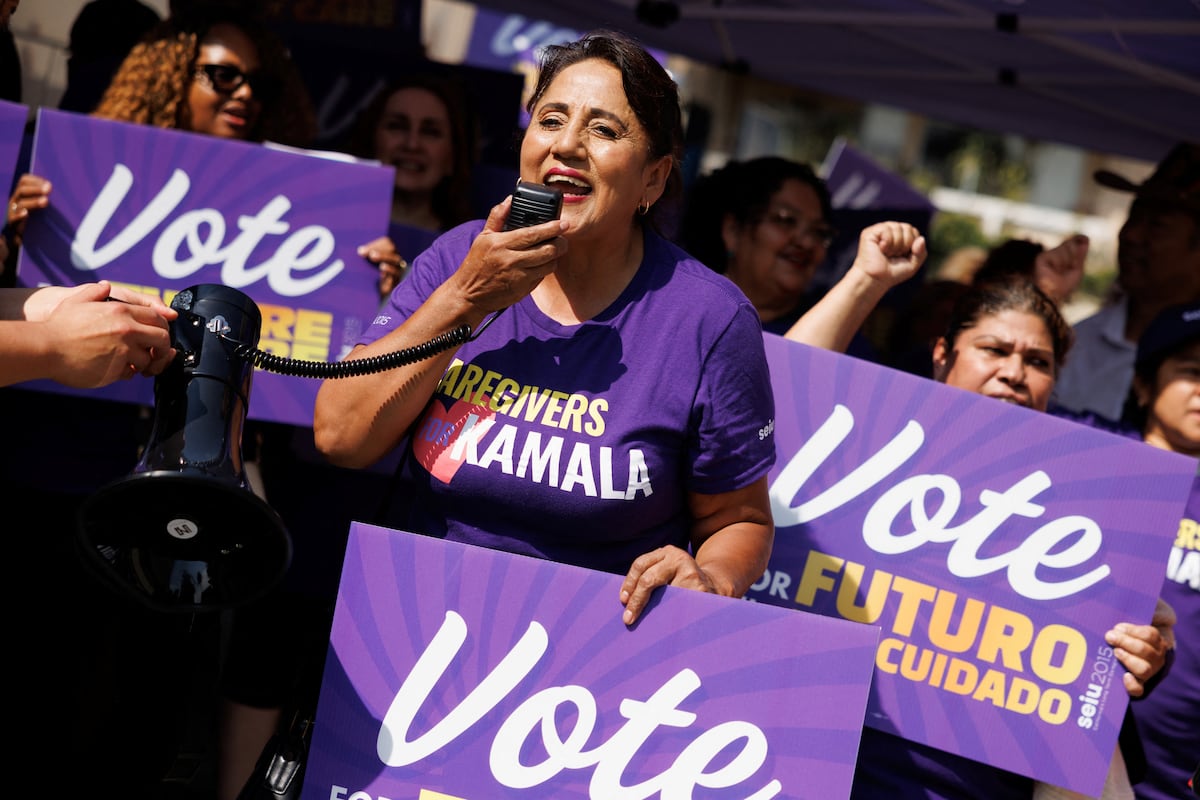
Donald Trump Showcases Elon Musk's Support In Butler, Where He Suffered An Attack In July.
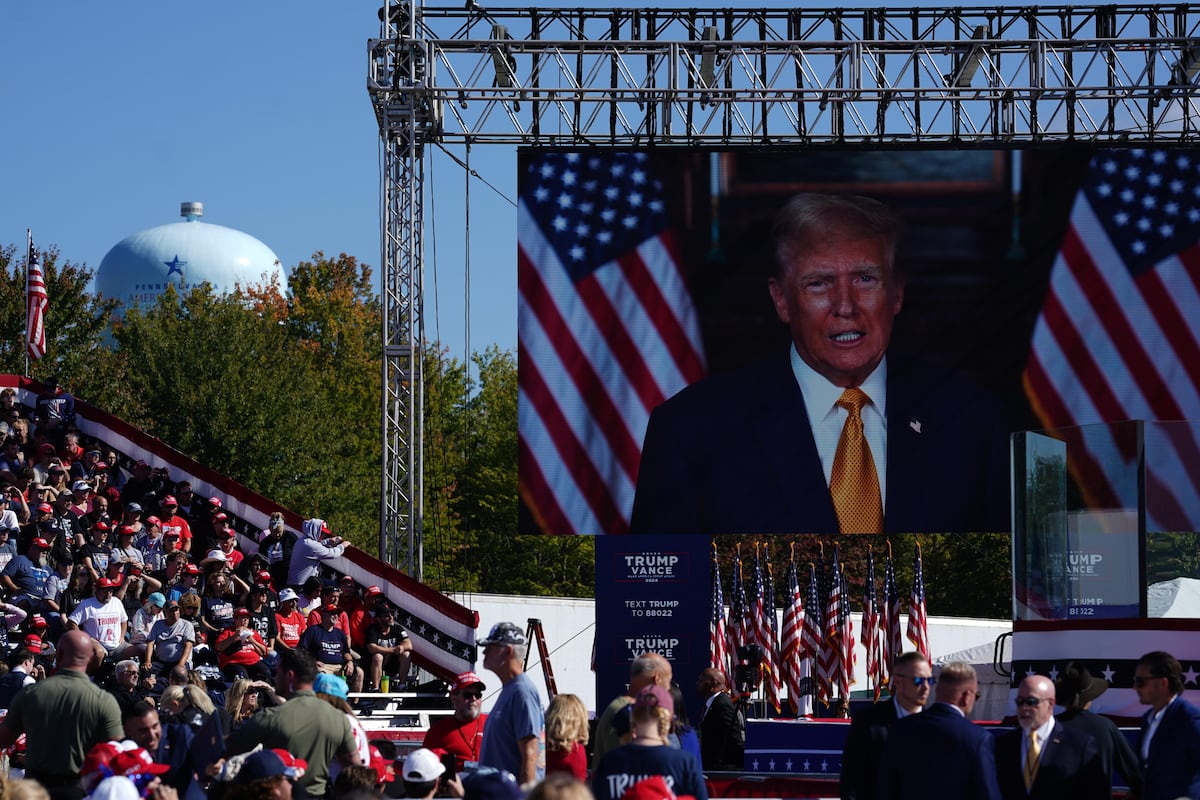
Evolution Of Space Suits: SpaceX Vs. NASA In The Race For Space


